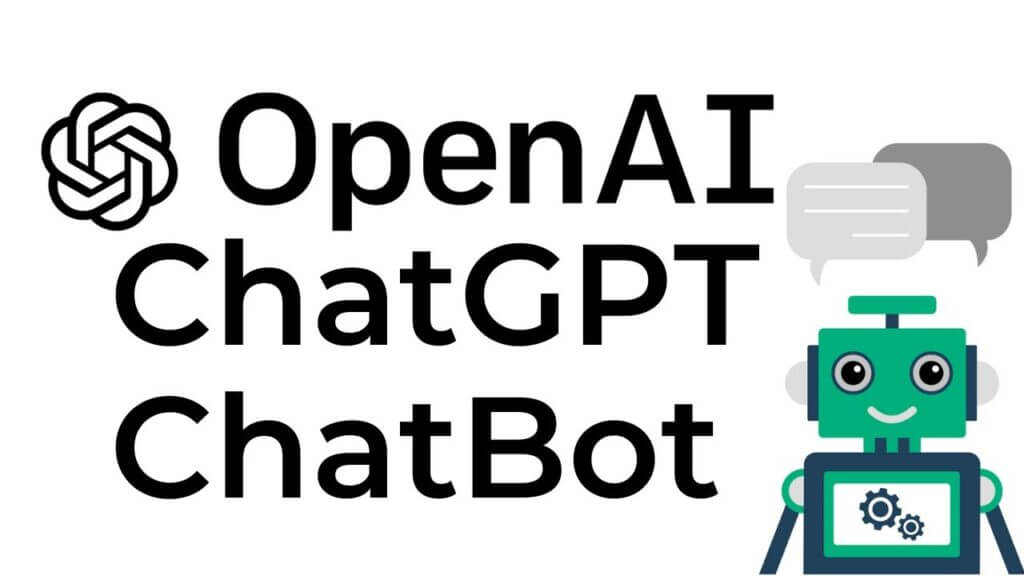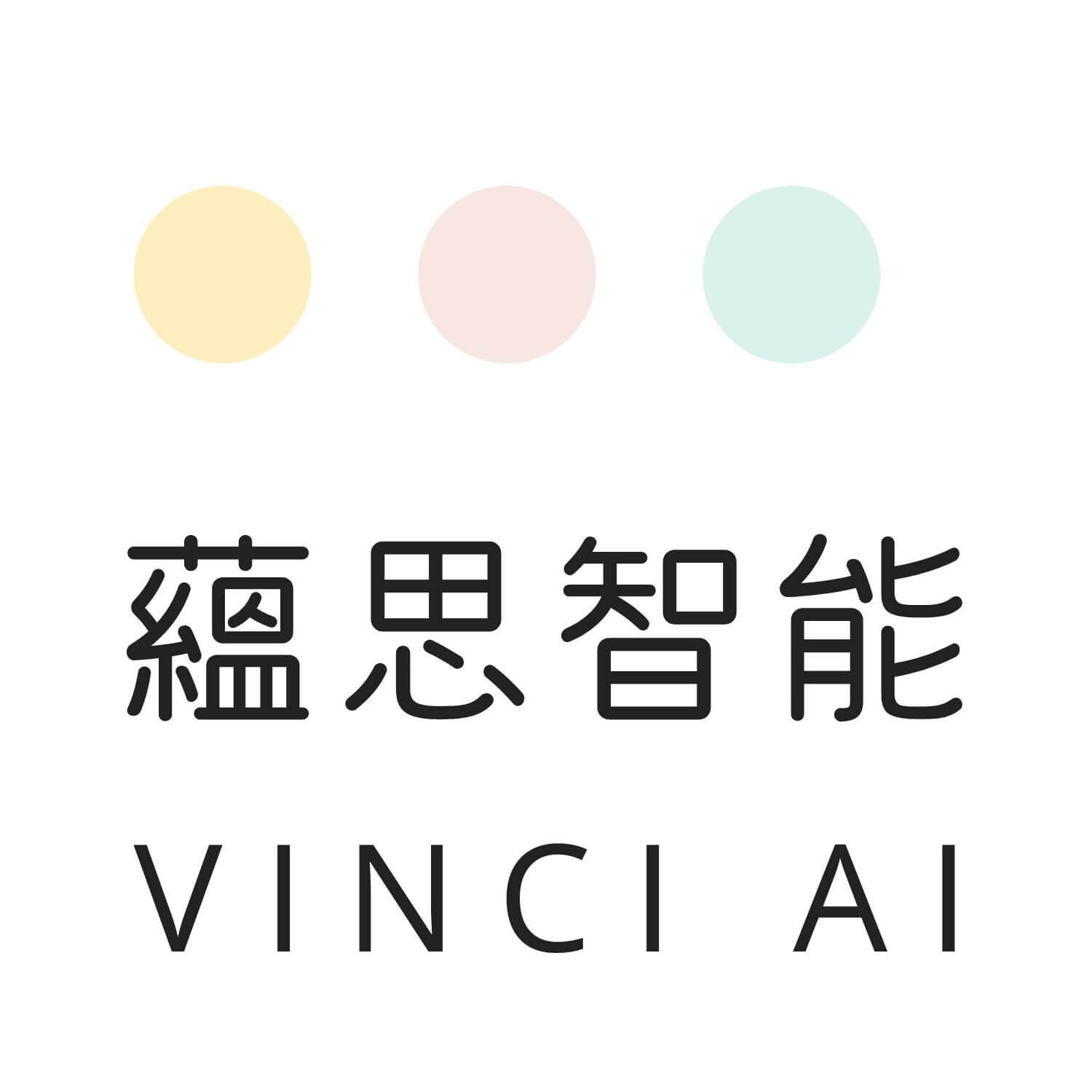OpenAI ChatGPT chatbot course
Course Outline
This course will guide students to delve into the development of OpenAI chatbot for mobile applications, covering basic concepts to practical applications. The course is divided into five modules, including OpenAI API usage, dialogue data collection and management, advanced dialogue processing, integration of applications, and performance evaluation and optimization.
Firstly, students will learn the basic concepts of OpenAI ChatGPT and explore how to engage in conversations using the Azure OpenAI API. Next, the course will guide students in collecting and organizing dialogue data to train more efficient chatbots. In the advanced dialogue processing section, students will learn about Prompt Engineering concepts and discuss methods to improve the relevance of chatbot responses. Additionally, this course will instruct students on integrating the chatbot into Telegram and MIT App Inventor applications to achieve rich application scenarios. Lastly, students will learn how to evaluate and optimize the performance of the chatbot, ensuring it possesses high-quality conversational abilities.

Course topics include:
- In-depth Understanding of OpenAI ChatGPT Fundamentals
- Practical Application of Azure OpenAI API
- Learning Dialogue Data Collection Strategies
- Mastering Dialogue Data Creation and Management
- Understanding and Implementing Prompt Engineering
- Enhancing Relevance of Chatbot Responses
- Implementing Integration of Chatbot with Telegram
Course content
What will students learn?
Students will gain comprehensive skills in the practical development of AI chatbots. Firstly, they will understand the fundamental concepts of OpenAI ChatGPT and learn how to engage in conversations using the Azure OpenAI API. The course will then guide students in collecting, organizing, and managing dialogue data to enhance the performance of the chatbot. In the advanced section, students will acquire techniques in Prompt Engineering to improve the relevance of chatbot responses. Additionally, they will learn how to integrate the chatbot with Telegram and MIT App Inventor applications. Lastly, students will learn how to evaluate and optimize the performance of the chatbot, ensuring it possesses high-quality conversational abilities. This course will equip students with the skills to develop and apply efficient AI chatbots.
Azure OpenAI API and Fundamentals of Chatbot Development
This section will introduce the course objectives and provide an overview of the content. Students will learn the fundamental concepts of OpenAI ChatGPT and how to use the Azure OpenAI API. We will guide students through the process of registering an Azure account and obtaining an API key. They will also learn how to write a simple Python script to engage in conversations using the OpenAI API.
Dialogue Data Collection, Organization, and Management
This section will cover data collection methods and strategies, where students will learn how to organize and manage data effectively. We will guide students in collecting relevant domain-specific dialogue data and structuring it into a well-organized format. They will learn how to create a database and store the curated dialogue data.
Advanced Dialogue Processing and API Endpoint Integration
In this section, students will learn about the concept of Prompt Engineering and explore methods to enhance the relevance of chatbot responses. We will guide students in designing various prompts to improve the conversational quality of the chatbot. Additionally, students will learn how to create API endpoints for the chatbot to facilitate integration.
Integrating the Chatbot with Telegram and MIT App Inventor Applications
This section will cover how to integrate the chatbot with Telegram and MIT App Inventor applications. Students will learn how to create a bot using the Telegram Bot API and set up a webhook to enable integration with Telegram. Additionally, students will learn how to design application interfaces using MIT App Inventor and enable interaction between the chatbot and the application using API endpoints, thereby implementing chat functionality.
Chatbot Performance Evaluation and Optimization
This section will introduce methods for evaluating the performance of a chatbot, including both manual and automated evaluation approaches. Students will learn how to design evaluation criteria and use relevant evaluation tools. We will guide students in performing performance evaluations on the chatbot and optimizing it based on the evaluation results.
Fun AI fact
What is a Chatbot? What does it have to do with AI?
Azure is a cloud computing service introduced by Microsoft that offers a wide range of tools and services for building, deploying, and managing applications. Azure provides various types of cloud computing, including Infrastructure as a Service (IaaS), Platform as a Service (PaaS), and Software as a Service (SaaS). It supports multiple programming languages, tools, and frameworks, both Microsoft-specific and third-party, and offers a comprehensive set of services for different application development and deployment needs.
One of the services provided by Azure is Azure Bot Service, which includes tools like QnA Maker for creating knowledge-based question-answering bots, as well as Bot Framework Composer and Bot Framework SDK for building conversational bots.
From OpenAI's perspective, Azure started offering the GPT-3 API service in 2021. This means that developers can directly utilize GPT-3 on Azure to develop bots without the need to set up their own GPT-3 runtime environment.

AI artificial intelligence courses for primary and secondary schools
Why choose Vinci AI?
University lecturer teaching team
VInci AI's teaching team is rich in experience, including university teachers who teach master's AI courses in various colleges and universities.
Curriculum developed by PhD-level experts
Vinci AI's PhD-level AI expert team, providing the most professional artificial intelligence courses
Recognized by research institutions
The teaching platform developed by Vinci AI has received support from Cyberport. Vinci AI is also a STEM education partner of the Productivity Council.
Want to schedule on-campus classes?
Contact our consultants
Vinci AI offers on-campus courses, including STEM Day events, competition training, and after-school programs. We welcome you to contact our expert consultants to arrange suitable topics and formats for your needs.




